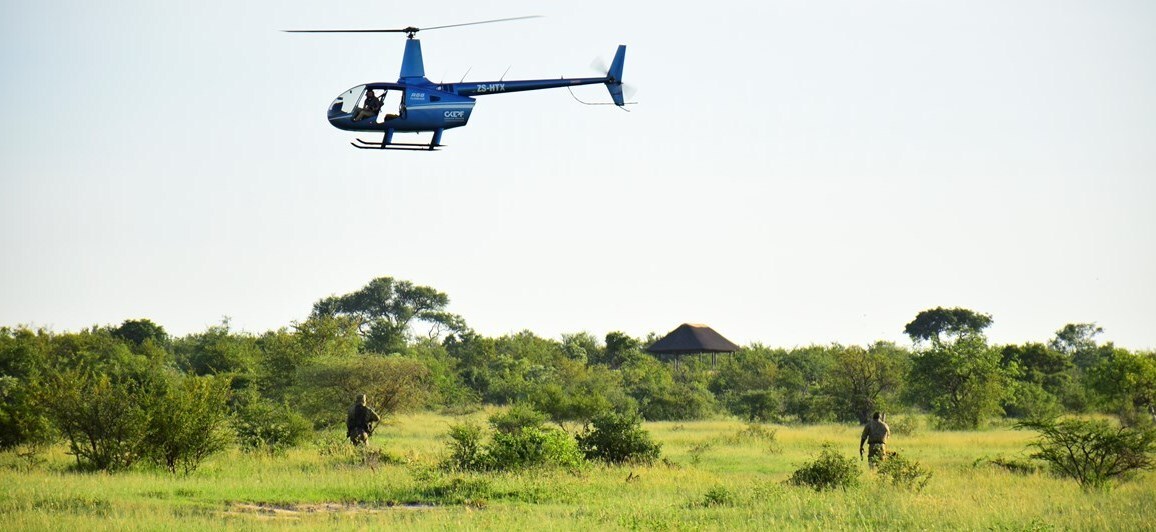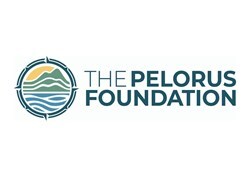
Funded
- About
Working on the front lines in some of the world's most dangerous environments, field rangers have an extremely difficult role to undertake. Without these dedicated individuals, there would be no hope for the continent's extraordinary wild species to survive in their natural habitats.
Due to the global crisis and lack of tourism funds, wildlife crime has increased exponentially, therefore urgent support is needed to protect Africa's vulnerable countries from a poaching epidemic. A devastating 1,000,000 wild species are now threatened with extinction across Africa. The world's flora and fauna will continue on an alarming route to extinction, unless we address this pressing issue and take action now.
The Greater Kruger Environmental Protection Foundation (GKEPF) was established in 2016 to assist in combatting wildlife crime within Africa’s Central Lowveld. Describing a vast area of land extending across South Africa, Zimbabwe and Mozambique, the transfrontier zone is home to the continent’s largest and most important population of rhino.
Working alongside high impact operators, the Pelorus Foundation and Frontier have partnered with GKEPF to share resources and increase the level of support and tactical training across the transfrontier zone. Through adopting a force multiplier approach, we aim to enhance the skillsets of field rangers, and provide them with necessary air support to achieve deter, detect and disrupt effects throughout this vast area. Strategically, air support is one of the most effective tools when working in such an expansive landscape. Not only will this benefit the protected area directly, but it will add significant value to the lives of these individuals.
A phenomenal £25,000 has been raised and deployed so far to this specialist project. The continuation of fundraising for the transfrontier zone will enable us to train more field rangers and provide more air support. Your donation will help us achieve an extremely valuable objective through facilitating critical skills development in a vulnerable area.


